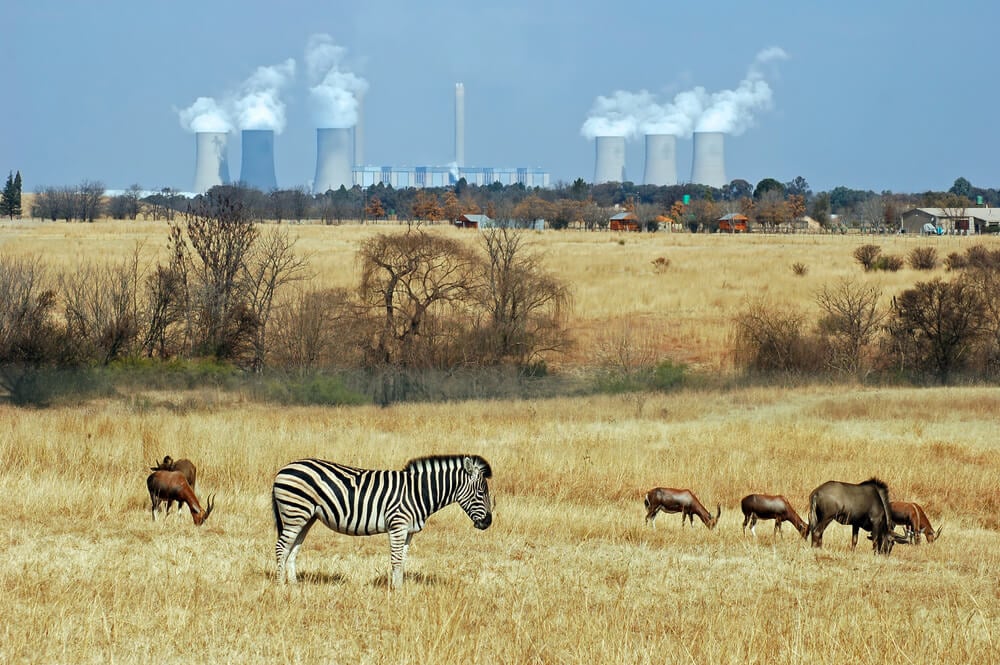With many raised eyebrows, thousands of people committed to the fight against climate change will arrive in the coming days in Baku, the capital of Azerbaijan, for the 29th Conference on Climate Change (COP 29).
Reservations towards the Azerbaijani hosts regarding the successful organisation of a possibly landmark climate summit are primarily political and, to a lesser extent, economic in nature.
Suspicions that authoritarian Azerbaijan will be able to establish itself as a credible mediator between numerous stakeholders and lead to a compromise on the summit's main goals have followed the conference, which begins on November 11 in Baku, for months.
Its geopolitical position between Russia, Iran, and Turkey, with the still-existing post-conflict consequences of the war with Armenia, as well as widespread internal corruption and reputation as an important point for circumventing sanctions against Russia, are objections with which guests come to the annual climate summit.
Dependence on fossil fuels and the green transition
The host's abilities are also under question because it is a country heavily dependent on the production of fossil fuels, oil, and gas. This fact contradicts Azerbaijan's ambition to push the global community to achieve the long-established green goals more rapidly and efficiently.
However, Azerbaijan may prove to be a good choice to host one of the COPs that is expected to make a breakthrough, primarily in terms of financing the needs of developing countries in meeting the goals of the green transition.
Azerbaijan intends to remain at the centre of the international dialogue on climate change for longer
Azerbaijan, whose economy relies on the exploitation of fossil fuels, is the third host of the UN climate conference, following Egypt and the UAE. But this very fact speaks to the petro-economies' ambition to be at the centre of strategic global agreements on climate change in order to lead their own transition to a non-fossil economy from the front row.
In addition, Azerbaijan intends to remain at the centre of the international dialogue on climate change for longer, and its role will not end with the conclusion of COP 29 on November 22.
Continuity for the achievement of green goals
Azerbaijan is at the centre of the "troika," the previous, current, and forthcoming COP presidency, which was established at the last summit in the United Arab Emirates with the idea to establish the continuity of efforts to fulfil the Mission 1.5 C, i.e., limiting the annual temperature increase to less than 1.5 degrees Celsius.
This means that Azerbaijan will actively participate in formulating the agenda, particularly the negotiations regarding the most crucial objectives, with Brazil as the host of the forthcoming COP 30.
Additionally, Azerbaijan will host the World Environmental Day in June 2026, which is a significant global platform for environmental action.
Given the expectation of a new agreement on financial support for developing economies to achieve the set green goals, the forthcoming summit in Baku will be known as the "financial COP."
By 2030, average annual climate finance needs in developing countries could range between USD 550 and 2,500 billion
Set in Paris in 2015, the New Collective Quantified Goal (NCQG) on climate finance called for the mobilisation of $100 billion annually for the developing countries to achieve climate goals.
However, the achievement of this goal dates back to 2022. The forthcoming summit in Azerbaijan is attracting global attention primarily due to expectations of a new agreement that should more adequately address the needs of developing countries.
The magnitude is immense, not expressed in billions but rather in trillions of US dollars. According to the OECD study, existing estimates and projections suggest that by 2030, average annual climate finance needs in developing countries could range between USD 550 and 2,500 billion.
All lines of division regarding financing climate needs
Expectations of a greater financial commitment to the climate needs of developing countries are growing. The questions about who should pay and how much, whether through grants or loans, how to evaluate the impact of invested funds, and whether to allocate the majority of funds to states or private capital, are becoming increasingly pressing.
Developed economies, which will bear the majority of NCQG in the future, request that large developing economies, such as China and India, be much more involved in the financing, but they generally reject such requests.
 The focus of funding should be on the most vulnerable regions and give priority to Least Developed Countries - The Stockholm Environment Institute
The focus of funding should be on the most vulnerable regions and give priority to Least Developed Countries - The Stockholm Environment Institute
The global financing of climate goals is divided based on the criteria of who should receive the most climate money, who are the biggest polluters, or which economies contribute the least to global CO2 emissions.
"Sufficient adaptation finance under the NCQG should direct international funding to countries with the least responsibility for climate change," believes the Stockholm Environment Institute.
They believe that the focus of funding should be on the most vulnerable regions and give priority to Least Developed Countries (LDC) and Small Island Developing States (SIDS).
These are just a few of the questions that the roughly 40,000 attendees of the Baku summit will face, with the expectation of a new agreement on global financing for developing countries' climate needs.
Azerbaijan, as the host, will play a major role in the diplomatic rapprochement, and it has long desired such a role as part of its long-term strategy to improve its image on the international stage.